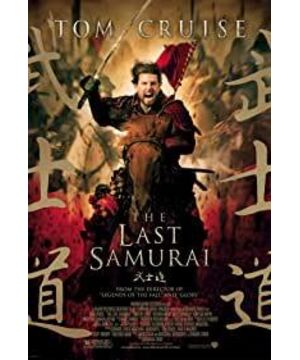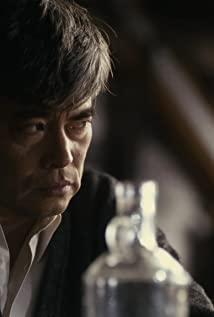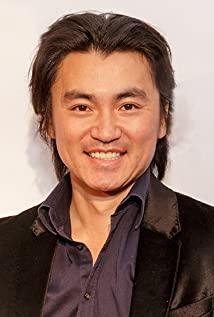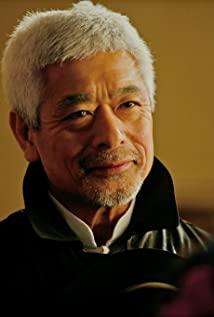The main contradiction of the movie story is shown in the sharpest way-war, which is the conflict between the old and the new forces. The old forces were "stubborn" and "stubborn", but they were charming. When the Industrial Revolution ruthlessly crushed Bushido with political progress and machinery, and when foreign guns and cannons used the division of imperial power to enact laws to expel Bushido, a completely "new" man, a captain from the United States, was "suffering and dying." "Attracted by the Bushido. Bushido, that is an indigenous belief, is like the Indians who want to cut off the enemy's scalp-the Indian culture that Algren deeply repents and admires. This also reminds us that this is an American movie through and through...
In reform, removing the old is inevitable, and this is necessary for progress. After the Meiji Restoration, Japan embarked on the road of becoming a powerful country, but as shown in the film, Bushido was not completely abandoned or buried. On the contrary, the Bushido spirit has been carried forward from another level. As everyone knows, it is militarism, Nazis.
In the subsequent wars, no matter whether Japan invaded or resisted aggression, they all embodied their Bushido spirit. There were not a few who fought hard, loyalty to the emperor, abided by discipline, and even defeated by caesarean section. Regardless of justice or injustice, we have to admit that the Japanese have a kind of tenacity, and that is Bushido. The national spirit supported Yamato, which prospered rapidly after the war and became prosperous. The economic boom is naturally inseparable from their persistence, rigor, compliance, and tenacity.
The film uses the main contradiction and the conflict between the old and the new to discuss the inheritance of traditional culture, whether it is indigenous culture or not. A great nation with a long history, traditional culture and traditional beliefs cannot be lost, and the national soul is lost, so what else is it? The same problem lies in front of us. Japan has taken off, and the Americans have their roots in Europe, this is the Lord of Christ. What about us?
The feudal system ushered in the last heyday of the Qing Dynasty. Kangxi knew to study and promote the Han culture, and to build the country by studying Confucianism. For thousands of years, Confucianism has supported the soul of the Chinese nation. But after feudalism, China ushered in a special situation, with internal and external difficulties. The feudal Reform Movement of 1898 could not save China, and the capitalism that crushed the three mountains could not save China. History chose communism. Just like in the movie, "the country and people have their own destiny", how similar are communism and Confucianism? It seems that the tradition of thousands of years should continue...but...anyone who has studied modern history knows what happened, the "burning of books and confucianism" of communism. The perennial darkness has made the heroes of history accustomed to struggle, and even in times of peace, they have to set off a struggle by their pillows. After the struggle, a hundred wastes wait for prosperity... A great man drew a few circles, set a center, and started a peaceful era of economic construction with the Chinese nation.
It seems that everyone ignores the same old thing. It has been obliterated and destroyed in various struggles. It can only be lingering in the research of scholars and in the textbooks that should be tried... that is traditional culture. It is Confucianism, or Taoism, Legalism, and Buddhism, any spiritual force that has supported the prosperity of the Chinese nation for thousands of years.
The katana in the movie inherits Bushido, what about our Analects? That's used to fill in the blanks in the exam! When Confucianism flourished in South Korea, when Singapore established a country based on Confucianism and law, and when Confucius Institutes gained fame overseas, our people were frantically building their economy, pursuing GDP frantically, and studying English abroad for exams. ...The
phenomenon is over, and what a film review can do will be changed to the end. Let's end with the language popular in China:
We can not forget who we are or where we come from!
View more about The Last Samurai reviews











